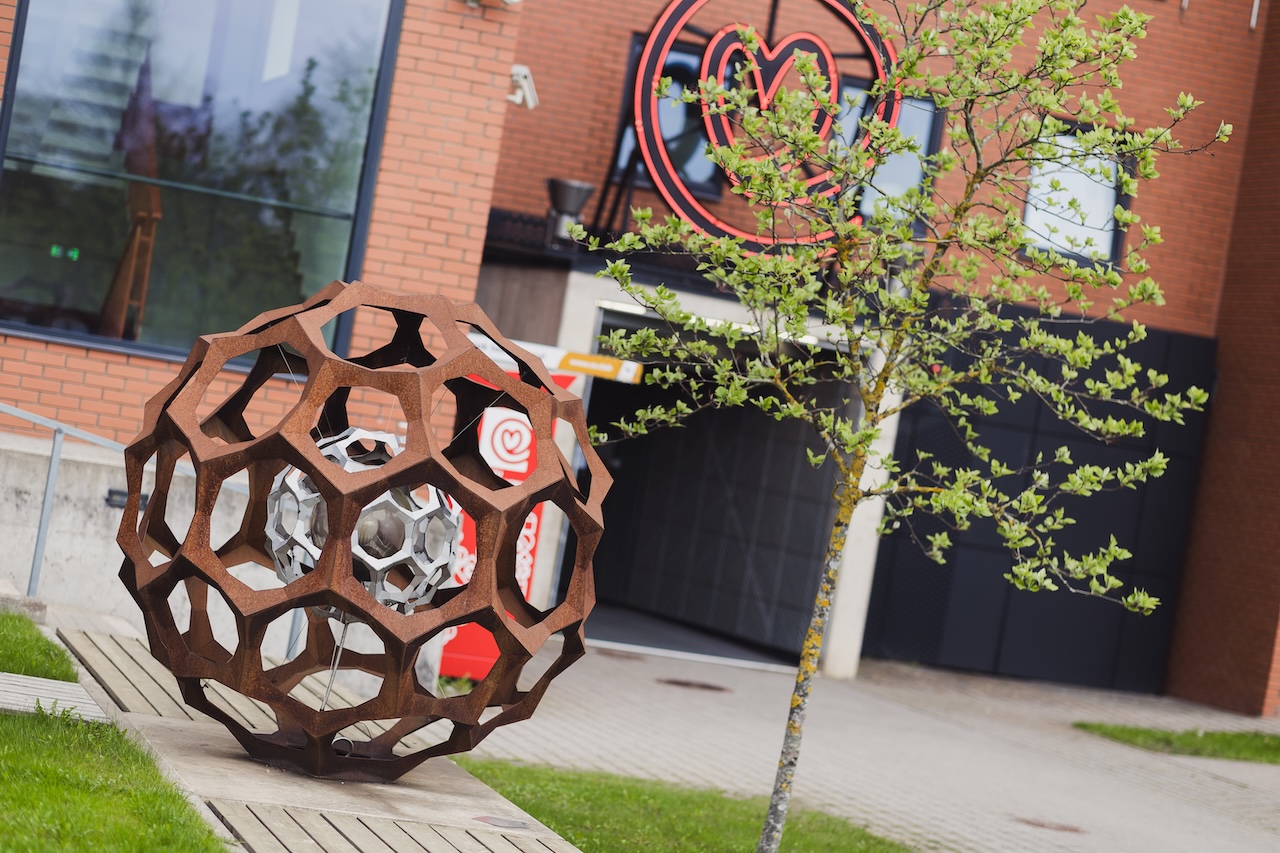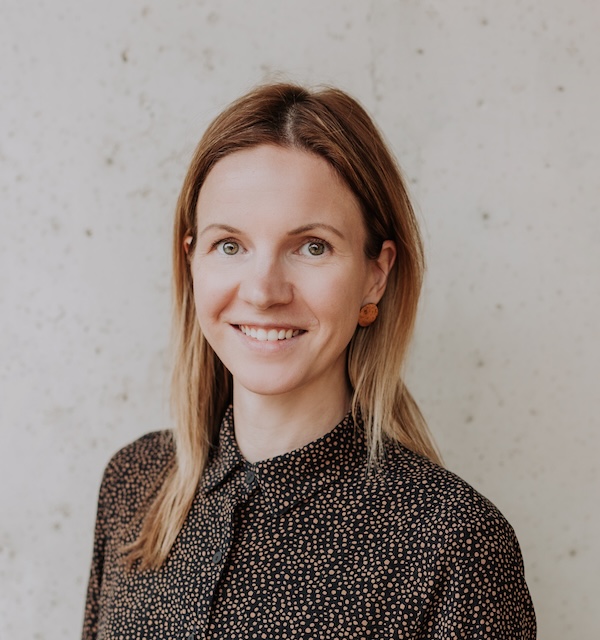
Bridging health, environment and education: Tartu Applied Health Sciences University, Estonia
Context of physiotherapy education at Tartu Applied Health Sciences University
Physiotherapy education in Estonia is regulated at the national level and aligns with international standards for evidence-based practice and holistic person-centred care. At Tartu Applied Health Sciences University, the physiotherapy program at bachelor’s level is a three-year full-time or four-and-a-half-year part-time curriculum. The program is housed in the Department of Physiotherapy and Environmental Health, rooted in a holistic human-centred philosophy and encouraging interdisciplinary collaboration.
The program emphasizes individuals’ interactions with their environments across the life course. Environmental factors – natural, built, psychological, cultural, and digital – are embedded throughout the program, drawing from the International Classification of Functioning, Disability and Health (ICF) framework and sustainability principles. Students are guided to explore how environmental factors and sustainability principles shape health, participation, and professional practice, supporting ethically sound decisions in interprofessional healthcare contexts.
Due to the integrative nature of the curriculum, environmental content appears across multiple subjects through a mix of professional and transferable competencies. To sharpen this focus, a cross-institutional elective course was launched for students with a deeper interest in environmental themes.
Dedicated Elective: Environmental Awareness
The elective course “Keskkonnahoid” (Environmental Awareness) was developed to raise awareness and promote agency in addressing climate change and sustainability, both personally and professionally. The lead lecturer is Elisa Kender, a faculty member in our department.
Worth 2 ECTS (52 hours), the course welcomes students from various health science programs from our institution, fostering interdisciplinary learning. The course is structured in a blended learning format, with 12 contact hours and 40 hours of guided independent work. Thematic modules and a field visit to a sustainability-focused enterprise offer practical insights. The course also includes custom-made educational videos, created in partnership with a leading green-transition hospital.
Learning outcomes for students
Understands the essence of climate change and human contribution to it.
Analyzes individual roles in fostering a sustainable environment.
Creates actionable plans to enhance environmental sustainability in one’s living or working environment.
Thematic modules
The course includes three main thematic modules:
Global Environmental Issues & Climate Change – causes, effects, and the human role, including climate anxiety.
Sustainability in National and Institutional Contexts – with a special focus on the healthcare system.
Personal and Professional Environmental Action – empowering students to develop practical solutions for more sustainable personal and professional environments.
Reflections on our experience
Student and faculty feedback has been positive. Students’ feedback highlights increased motivation and awareness of environmental issues (translated from Estonian language):
“The environmental studies course was truly eye-opening – it made me reflect deeply on the consequences of my everyday choices. I appreciated how the topics were approached from personal, workplace, and societal perspectives, making the learning both practical and relevant to real life.”
“For me, the most important thing was understanding how my daily choices and habits affect the environment. I learned how important it is to reduce consumption, reuse, repair things, and think before buying to reduce my ecological footprint.”
From a teaching perspective, the course has served as a valuable platform for interdisciplinary dialogue and has revealed the potential of environmental themes to deepen students’ critical thinking and professional values.

Eva Mengel (PT, PhD)
Principal lecturer, Physiotherapy and Environmental Health Department
Eva is a lecturer at Tartu Applied Health Sciences University since 2009 and principal lecturer since 2020. She is responsible for developing physiotherapy programmes and ensuring their contemporary relevance. Her background in pediatric physiotherapy informs her commitment to sustainability, critical thinking, and fostering a more conscious, human-centred learning community in relation to the environment.

Elisa Kender (MSc)
Lecturer (environmental health), Physiotherapy and Environmental Health Department
Elisa, a valued lecturer in the Department of Physiotherapy and Environmental Health, integrates environmental perspectives into both Environmental Health and Physiotherapy programs. In collaboration with her, the course “Environmental Awareness” was developed, for which she serves as the lead lecturer.
Broader institutional perspective
Tartu Applied Health Sciences University joined the Healthy Campus initiative by the International University Sports Federation (FISU) in September 2021 and has since achieved its highest level – Platinum. This program supports campus-wide well-being by focusing on physical activity, nutrition, disease prevention, mental and social health, risk behaviour reduction, and environmental sustainability.
Tartu Applied Health Sciences University aims to be a health-promoting institution that values healthy lifestyles and sustainability awareness. It strives to offer an enabling environment that encourages students and staff to adopt sustainable habits. This commitment is aligned with the university’s 2021–2026 development strategy and its Occupational Health and Safety Council’s action plan.
The university has undertaken various initiatives and concrete measures, including the following (not an exhaustive list):
- Solar panels have been installed on the roof
- Replacing lighting with energy-efficient LED lamps
- Installing heat-reflective window films and motion-activated lighting
- Promoting stair use with visual cues as an alternative to the elevator
- Implementing waste sorting
- Reusing and refurbishing IT equipment
- Providing secure bicycle parking facilities
- A dedicated Well-being Ambassador role has been established
- Guiding student-led research (e.g., final theses) generally related to environmental health & sustainability
- Offering staff training on sustainability topics
- Offering events throughout the year to promote well-being and sustainability
Reflections on the way forward
Although environmental themes are already integrated into the physiotherapy curriculum, there is a recognized need for further strategic development and coordination. Key next steps include:
- Establishing a dedicated interdisciplinary team to lead sustainability-related education, research, and campus activities
- Expanding the elective into core curricula across health science programs
Tartu Applied Health Sciences University aspires to model and promote sustainable living not only in its teaching but in the way it functions as a learning community.
Acknowledgements: We thank Jaanika Niinepuu, our Communication Manager for reviewing the inspirational report.
AI Statement: Chat GPT-4 free version was used to support the translation process from Estonian to English.

0 Comments